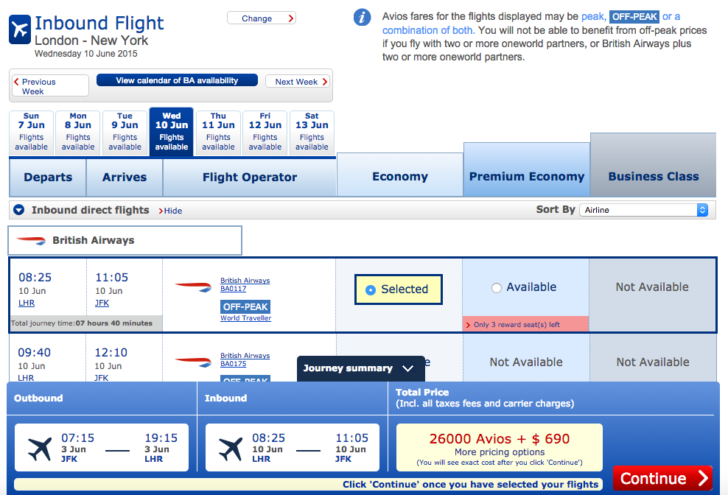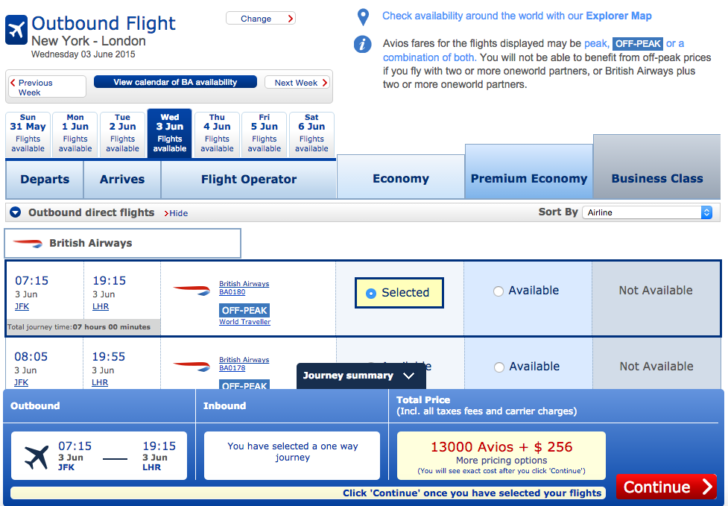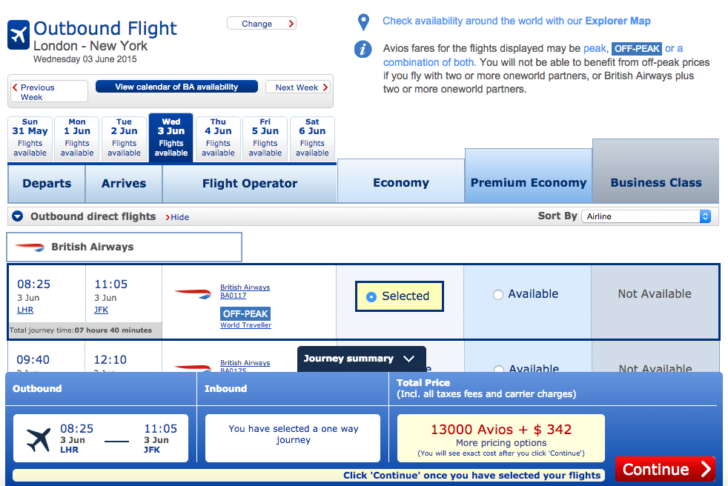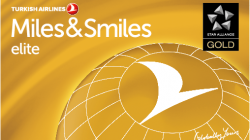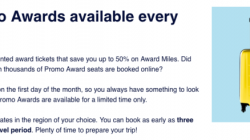People often accrue miles in one frequent flyer account but then lament when there isn’t availability to their destination on the dates they want. This is why it makes far more sense to treat your miles like a portfolio. Some miles are more valuable to certain regions than others, especially when you consider the alliance partnerships you can access with those miles.
To get you up to speed, here are some previous articles I’ve put together on booking award and paid travel to Europe this summer.
Previous Installments:
For travel to Europe, Star Alliance reigns supreme. SkyTeam comes in second in terms of which carriers’ miles have the most utility. But when booking a trip this summer, I wanted burn my cache of American Airlines miles, part of the oneworld Alliance. I even considering paying the exorbitant fuel surcharges for awards on their partner, British Airways, since I’m running out of products to try and they have some of the most direct connections from San Francisco to Berlin and then returning from Greece. But availability for two people was practically non-existent.
This is why I said to treat your mileage balances as a portfolio. It’s useful to have miles across all three large alliances as it triples your chances of finding seats on the dates you want to as close to your final destination as possible. One member of each alliance gets you access to all the award space on other airlines within that alliance. So how do you take advantage of this?
Make Friends with People Who Fly Other Airlines
While you can’t buy or sell miles, most programs allow you to book awards for friends and family. Say you’re flush with American Airlines miles and trying to get to Europe, while a family member of friend is trying to get to South American with United Airlines miles. Consider booking their trip and having them do the same for you.
Obviously this only works for close personal relations since buying and selling miles violates the terms and conditions of most mileage programs, but it can open more options than using just your own accounts.
Pro Tip: Not enough miles for a round-trip? Consider booking two outbound one-way tickets with one alliance and the return tickets on another. You could even do a three-way swap with friends who have different travel plans.
One Way Travel Provides More Flexibility, but Fees May Increase
Booking one way awards on different alliances can have some advantages if you aren’t sure where you’re going to. If there’s space, you can book a flight to Paris and onward to Rome. If you decide you want to go to Paris, just get off there and not take the last segment. Not showing up for a flight usually means the rest of your ticket is cancelled, but because the return journey is on a different ticket that’s not an issue here.
Similarly, booking one way flights can give you more flexibility if you need to change the outbound or return. Singapore Airlines, for instance, has great award prices to Europe (27.5K/65K/80K each way) but won’t let you make changes to an award ticket after the first segment has been flown. A return journey booked as a separate ticket isn’t an issue.
A few airlines, particularly British Airways, often have differences in how they price one-way vs. round-trip (“return”) travel. See how this example round-trip itinerary is priced compared to two one-way awards. If you booked two one-ways, you’d save $92 ($598 total vs. $690).
Pro Tip: If you are resigned to paying fuel surcharges for award travel, check to see if you can at least save some money by booking two one-way tickets.
Do be careful though, because booking two one-way awards means that if you need to change or cancel your trip (or pay a surcharge for reservations by telephone or close to departure), you’ll be paying two fees instead of one.
Take Advantage of Different Definitions of “Summer”
Using multiple alliances also solves a problem you’ll often find in which award availability is great but is available in the wrong directions. For example, oneworld Alliance (using American miles) had great availability from Europe to the US in August and from the US to Europe in September. That’s fine for Europeans who want to visit America, perhaps using their Avios points with British Airways, but it doesn’t do us any good.
Availability on SkyTeam and Star Alliance was simply far better for the dates we needed.
In this case, I used 62,500 Delta miles for each of our tickets on the outbound and found availability back from Athens on Austrian for 70,000 United miles in business class. (United’s Star Alliance partners had no availability on the outbound, but plenty for the return trip in August.)
Pro Tip: Some carriers treat summer differently and open up seats at fixed intervals (Austrian is 90 days, and Lufthansa is 14 days) or have availability in the wrong order of dates. Use multiple alliances to get around this by booking separate tickets on those airlines/alliances with the availability you need.
Conclusion
At the end of the day, finding award seats is an exercise in being flexible. Using multiple alliances, especially through airline loyalty programs that offer one way awards, can open up more destinations on the routes and dates you want to fly.


